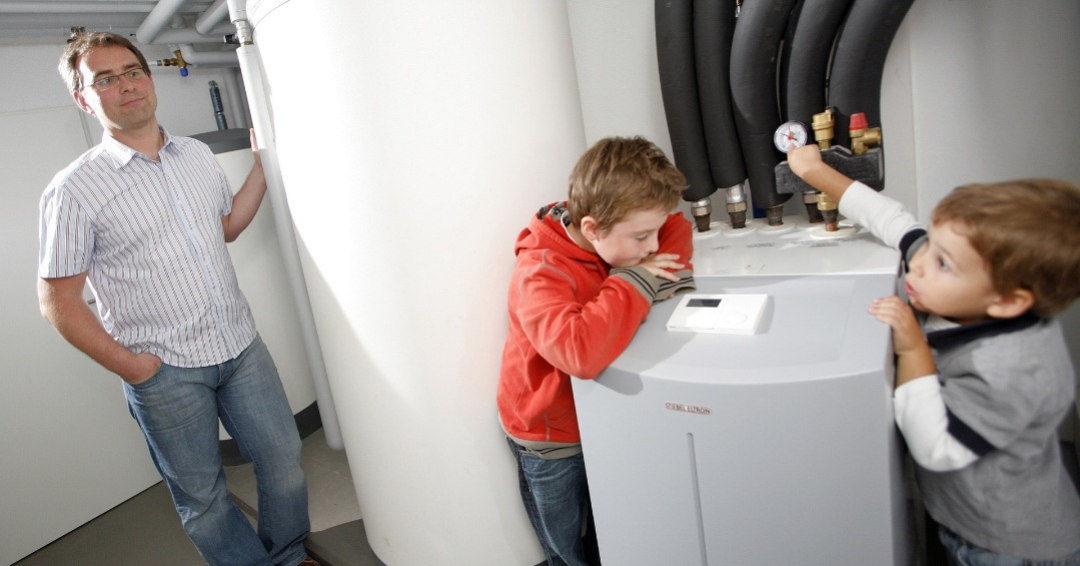Heat pumps extract energy from the air, water, or ground to provide heating and cooling. They are effective in extreme temperatures and can significantly reduce energy bills once installed. Starting from 2024, all new heating systems installed in Germany must rely on at least 65% renewable energy. Germany has also introduced a rebate scheme in January 2023 to incentivize homeowners to transition away from gas and oil heating systems towards heat pumps. The scheme offers up to 40% reimbursement on the cost of purchasing and installing a heat pump. The cost of purchasing and installing a heat pump can range from €10,000 to €30,000 compared to around €7,000 for a new gas boiler.
According to Martin Sabel, the managing director of the German Heat Pump Association, there has been a significant market growth of 53% in the previous year (2022) , following growth rates of approximately 30% and 40% in the preceding years. This consistent growth in demand has taken manufacturers by surprise, resulting in delays for homeowners waiting for their heat pumps to be supplied and installed. Additionally, there is a shortage of trained technicians available to handle the increased workload.
The coldest countries in Europe have the highest adoption of heat pumps. According to the International Energy Agency, Norway leads with 60% of buildings equipped with heat pumps, followed by Sweden at 43% and Finland at 41%. In comparison, Germany has a heat pump penetration rate slightly above 4%, while the UK lags behind at just 1%.
US start-up Gradient is planning to enter the European market in 2023 with a new offering: smaller-scale heat pump solutions designed for individual rooms. These compact and affordable heat pumps can be self-installed and are specifically designed to fit over window sills, providing both heating and cooling capabilities.
The long-term vision is to establish a comprehensive low-carbon and cost-effective energy system, integrating heat pumps, high-quality insulation, solar energy, waste heat utilization, other renewables, and smart technology. This holistic approach aims to create a circular system that caters to heating, cooling, electric vehicle charging, and other energy requirements for homeowners and their communities. Although Germany may still have progress to make in achieving this vision, heat pumps are considered a positive step in that direction.
Source: BBC

